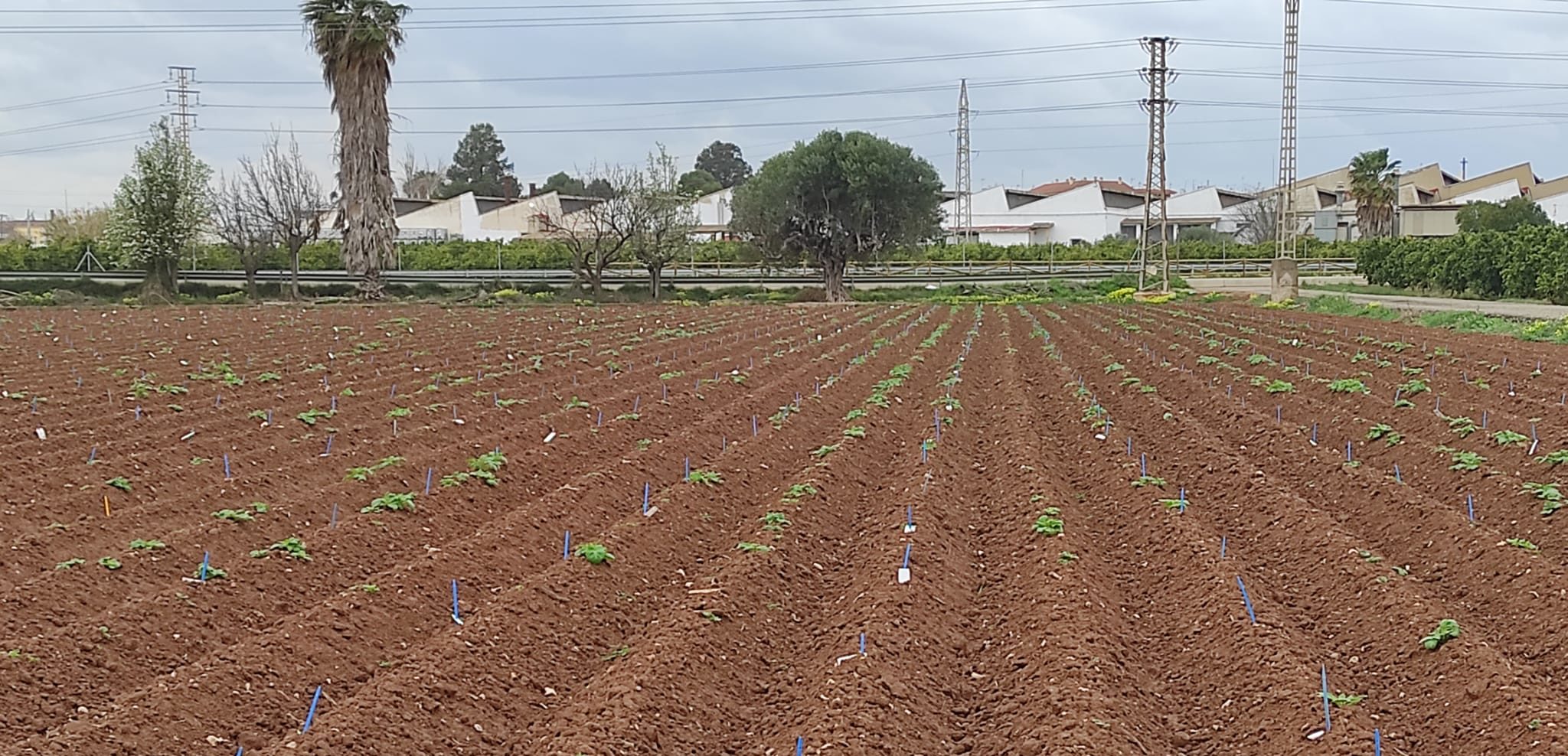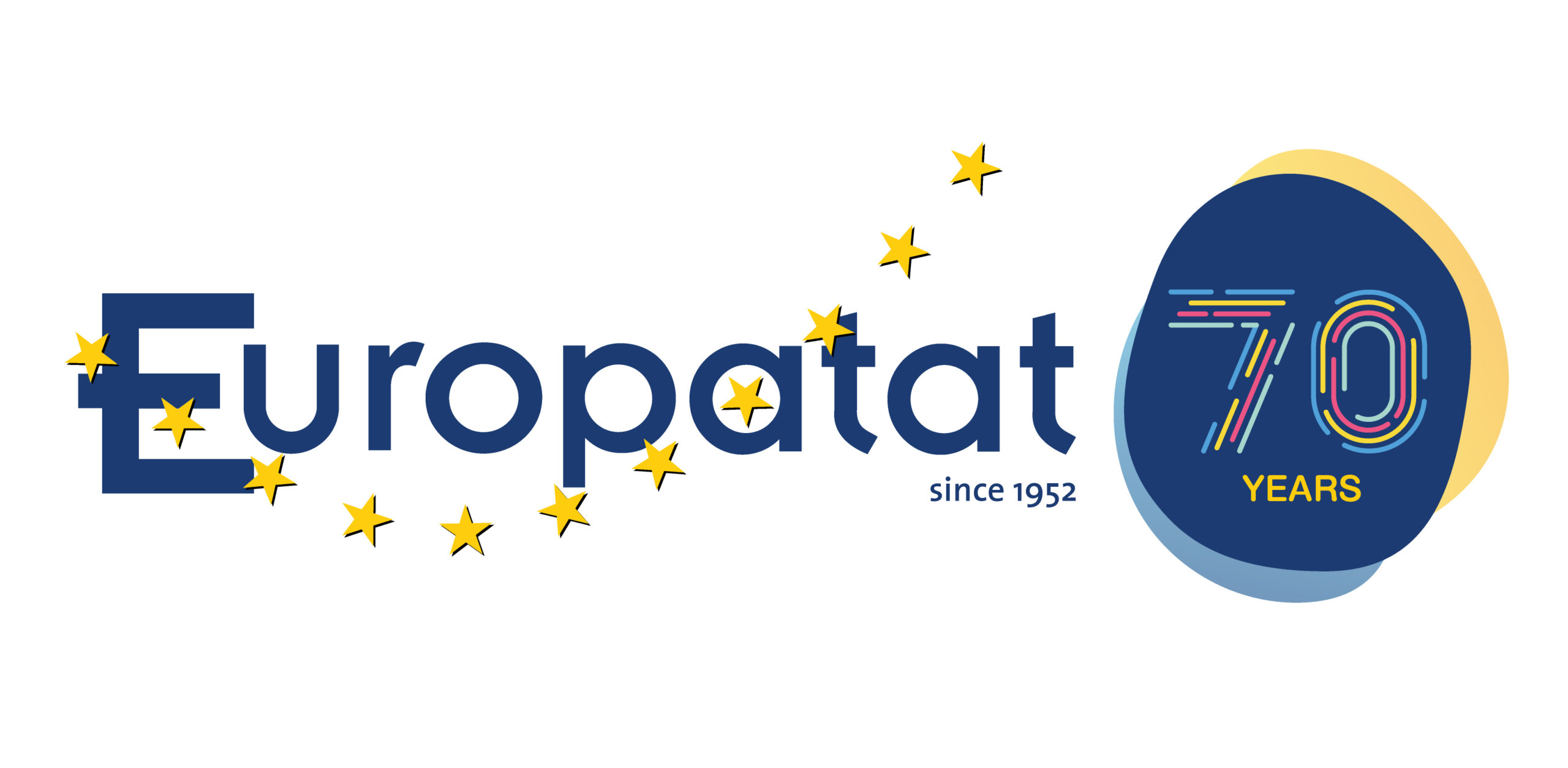Europatat is part of an international consortium involved in the research project ADAPT (“Accelerated Development of multiple-stress tolerAnt PoTato”), which aims at developing new strategies to make potatoes fit for the challenging growth conditions of the future. The project started in July 2020 and will take place over the next three years with a total budget of 5 million Euro funded by the European Union’s Horizon 2020 research and innovation programme under grant agreement No GA 2020 862-858.
The project is progressing well following initial plans and currently two stress trials are being conducted, each consisting of 54 potato varieties which have been selected based on previous projects for differential sensitivity to heat and drought stress. A Dutch breeding company HZPC (who is a member of Europatat) is carrying out field trials at an established site in Spain, close to Valencia. This site is characterized by elevated temperatures also during the night, which is a particular important point that is strongly affecting the tuberisation process of the plants and thereby potato yield. At this location we will look closer at the effect of combined stresses – heat and drought. At the same time, the Dutch breeder Meijer (who is also a member of Europatat) will be looking into the performance of the same varieties under drought conditions in a continental climate setting. This trial will be located in Zeeland, the Netherlands, and will be planted at the end of April.
 Picture of the field trials in Valencia, Spain. Copyright: HZPC
Picture of the field trials in Valencia, Spain. Copyright: HZPC
These results will then be complemented by detailed physiological analysis in controlled environmental conditions in glasshouse studies. These are led by the Universities of Erlangen (DE) and Utrecht (NL) and aim at the characterisation of genetic variation in a subset of different potato cultivars (up to 30) in response to heat (H), drought (D) and waterlogging (W) and a combination thereof. Therefore, a first pilot experiment was performed at the end of last year in the PlantScreenTM phenotyping platform at the Research Center of the high-tech company Photon Systems Instruments (PSI) in Drásov (CZ). Here, the variety Desirée was used as a reference cultivar to establish stress conditions and to obtain a comprehensive picture of morpho-physiological, biochemical and molecular changes. Initial results show that heat, as well as the combination of heat and drought, had a clear negative impact on plant performance and clearly reduce tuber growth. The waterlogging duration was too severe, as most plants did not recover from the treatment. Subsequent experiments will therefore use a shorter, sub-lethal waterlogging treatment. Samples taken during the course of the pilot Desirée experiment are being analysed with respect to biochemical and molecular markers by different members of the ADAPT consortium. The screen for genetic variation with different potato cultivars is being performed for heat by Friedrich-Alexander-Universität Erlangen-Nürnberg (FAU), for drought by Wageningen University & Research (WUR) and for waterlogging by Utrecht University.

Fig 1. Pilot study for characterisation of adaptive responses to single and combined stresses in Desirée, Klára Panzarová (PSI)
Desirée plants cultivated in control conditions were at onset of tuberisation subjected to single (D,H,W) and combined stresses. Range of morpho-physiological traits was quantified daily using PlantScreenTM phenotyping System followed by successive tissue sampling for “omics” analysis.

Fig 2. Pilot study for characterisation of adaptive responses to single and combined stresses in Desirée, Klára Panzarová (PSI)
Top view colour segmented RGB images of Desirée plants at the onset (Day 0), progression (Day 7, Day 14) and recovery phase (Day 21 and Day 28) of the stress response.
ADAPT researchers and partners are keen to see the outcome of these studies!
Visit the official project’s website (adapt.univie.ac.at) and Twitter account (@eu_Adapt) for more information and updates.

